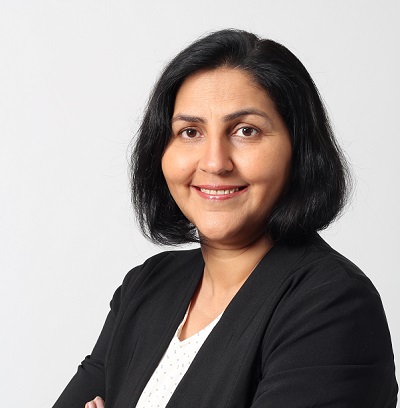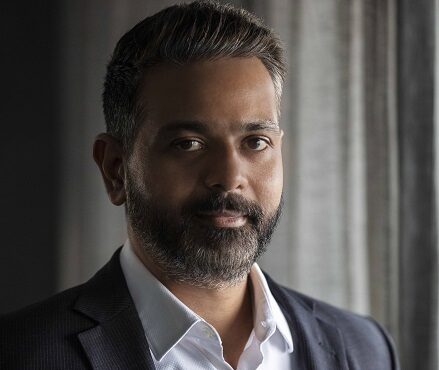
“Digitalization can lead to a more efficient, productive and a sustainable ‘net-zero’ future. It enables new forms of transparency, collaboration, control, and provides data for better informed decisions.” – Kshama Dhir – EY GDS Strategy and Transactions Leader
Please elaborate on your background and role at EY GDS as the Strategy and Transactions Leader
I am a Chartered Accountant and an MBA in Finance. I joined EY GDS as a senior manager in 2007 and advanced up the ranks to become a service line leader for GDS Strategy and Transactions (GDS SaT) in the year 2021.
EY GDS Strategy and Transactions is a team of 3000 plus professionals in India, Poland, Spain and China. We support EY member firms across the globe with high-quality services that include corporate strategy, financial due diligence, merger and acquisitions, and capital transactions, including strategies to raise, invest, optimize and preserve capital.
As the service line leader, I lead the overall strategy for developing new partnerships with EY member firms worldwide and drive deeper penetration of GDS SaT services in these partnerships. I am also responsible for adoption of industry leading processes, technology and people practices within the service line.
How is EY GDS focusing on leadership development through IT enablement?
Technology is integral to what we do at EY. As an organization, we are committed to have technology as a key change agent which includes a strong focus on AI, data and disruptive technologies, so that clients and EY people can benefit from leading technology. We are delivering significant digital innovation in our services effectively using cloud, AI, blockchain and advanced technologies to transform how the services and solutions are delivered for higher quality and improved experience.
We have several in-house learning and development programs to build a strong leadership pipeline adept in futuristic technologies. The EY Tech MBA program, offered in association with Hult International Business School, is an excellent example of how we are helping our people develop both the mindset and skillset to navigate the challenges of the future. It is the first-ever fully accredited corporate MBA that is available free to all our people regardless of role or position in over 150 countries.
There has been accelerated digital transformation in the last two years. What are your thoughts on this and sustainable digitalization?
Digital transformation was always expected to accelerate due to tech innovations. However, the COVID-19 pandemic has super charged this acceleration. I expect digital transformation to remain a dominant macro factor with challenges and opportunities for all companies.
Many organizations continue to focus on digital transformation (DX) to become more effective and competitive. To accelerate their digital transformation journey, companies are increasing spend and using inorganic investments. According to EY-Parthenon 2022 Digital Investment Index (DII) report, organizations are likely to increase their investments in digital transformation by 65% from 2020. This is in response to bring in technology enabled products and services faster to market and achieve efficiencies. Many organizations are also looking at inorganic growth to accelerate their digital transformation. Technologies like Cloud, IoT, and AI moving from a proof-of-concept phase to launch phase is also driving an accelerated phase of digital transformation.
I believe digitalization can lead to a more efficient, productive and a sustainable ‘net-zero’ future. It enables new forms of transparency, collaboration, control, and provides data for better informed decisions. It also opens up new possibilities for environmental policy. While a digital strategy is a business imperative, it is critical for organizations to create a digital strategy that also factors in ESG imperatives. It should provide positive social, cultural and ecological changes. Some examples are smart-grids, EVs etc.
How is EY GDS prioritizing ESG goals? What are your thoughts on circular economy and what is the role of technology?
As an integral part of our Nextwave Strategy, EY teams are committed to sustainability to create long-term value for all its stakeholders. Our NextWave strategy supports the EY purpose of building a better working world. As an organization, we achieved carbon negative status in 2021 and our ambition is to be net-zero by 2025 by adopting several initiatives that include reducing business travel, use of renewable energy for powering our offices, and adopting nature-based solutions and carbon reduction technologies amongst others.
We are also developing a new set of global sustainability services for our clients aimed at helping them on their own sustainability journeys. The solutions will be focused on value-led sustainability, helping our clients capture the business opportunities from sustainability and decarbonization, while also protecting and creating value.
Circular economy (CE) is a more sustainable economic model to reduce emissions and waste and make efficient use of resources to help curb climate change. Technology is the right tool to drive this model by lowering costs of procedures which are essential to the circular economy.








